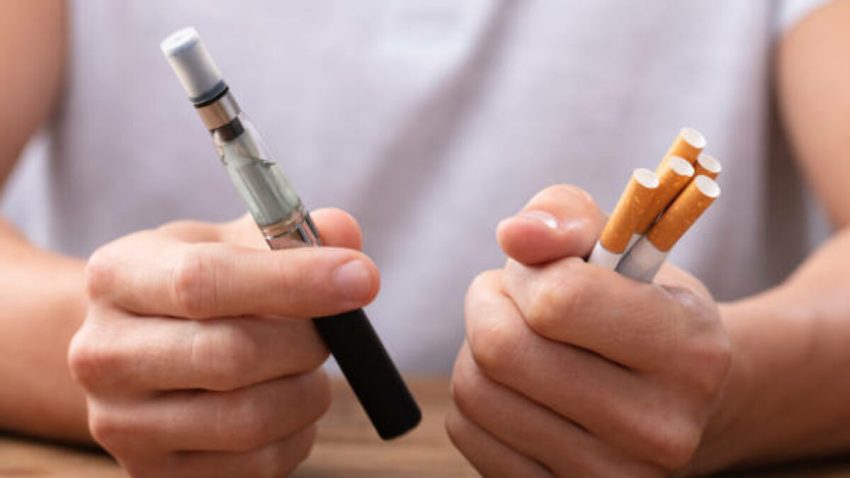In the ever-expanding landscape of cannabis consumption, the environmental impact of disposable vape weed pens has emerged as a critical concern. As the popularity of these convenient and portable devices grows, so does the ecological footprint left in their wake. This overview delves into the environmental consequences associated with disposable vape pens, shedding light on issues such as electronic waste, plastic pollution, and energy consumption.
Environmental Impact of Disposable Vape Weed Pens:
Waste Generation:
Issue: Disposable vape weed pen contribute significantly to electronic waste, as the entire device is discarded after use, including the battery and other non-biodegradable components.
Impact: The accumulation of e-waste poses environmental challenges, including soil and water pollution and the depletion of valuable resources.
Plastic Pollution:
Issue: Many disposable pens are made of plastic, adding to the global plastic pollution problem when not properly disposed of or recycled.
Impact: Plastic waste can harm wildlife, disrupt ecosystems, and contribute to the broader environmental crisis.
Energy Consumption:
Issue: The production and disposal of disposable vape pens require energy, contributing to the carbon footprint associated with electronic waste.
Impact: Increased energy consumption exacerbates the environmental impact and contributes to climate change.
Potential Solutions:
Recycling Programs:
Solution: Implement and promote recycling programs specifically designed for vape pens. This includes proper disposal methods for electronic components and incentivizing consumers to participate in recycling initiatives.
Biodegradable Materials:
Solution: Encourage the use of biodegradable materials in the production of disposable pens, reducing the long-term environmental impact. Manufacturers can explore innovative, eco-friendly materials for both the pen body and packaging.
Extended Producer Responsibility (EPR):
Solution: Advocate for Extended Producer Responsibility policies, compelling manufacturers to take responsibility for the entire lifecycle of their products. This includes proper disposal and recycling mechanisms for vape pens.
Transition to Refillable Alternatives:
Conclusion:
The environmental impact of disposable vape weed pen is a growing concern, necessitating proactive measures to mitigate their negative effects. By embracing recycling initiatives, incorporating biodegradable materials, advocating for extended producer responsibility, promoting refillable alternatives, raising consumer awareness, and fostering design innovations, the cannabis industry can move towards a more sustainable and eco-friendly future. I
